We have much more to do and your continued support is needed now more than ever.
New Rule Takes Aim at State and Tribal Rights to Protect Clean Water
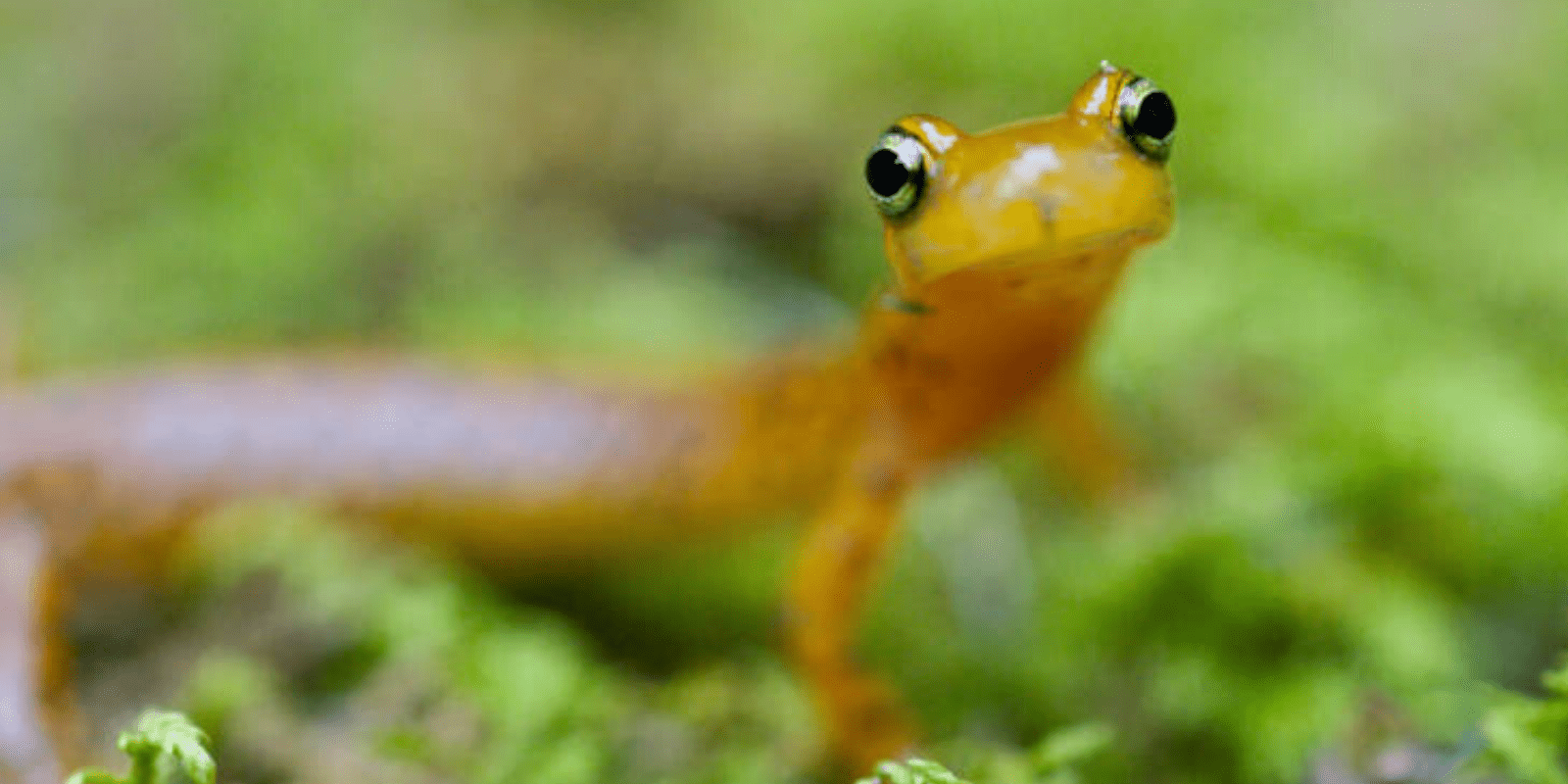
The Trump Administration has spent nearly four years trying to dismantle the Clean Water Act. In the middle of a global pandemic – where access to clean water is more important than ever – the administration finalized a rule that dramatically reduces the streams, wetlands, and other waters protected from pollution and destruction under the Clean Water Act. At the same time, they’re also trying to restrict the right for states and tribes to protect waters within their boundaries.
This all-out assault on the Clean Water Act threatens to take us back to the days when rivers caught fire – risking our drinking water supply, water quality, and habitat for wildlife.
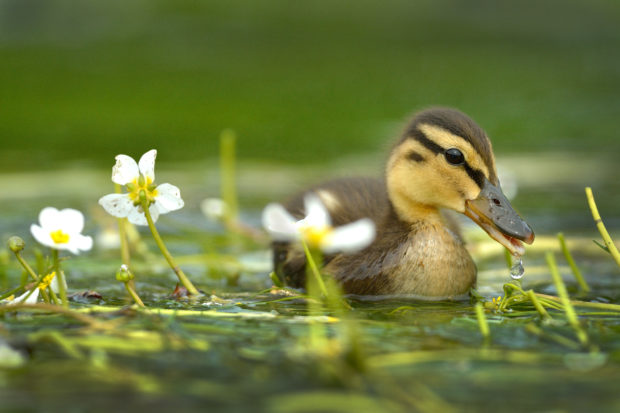
In order to ensure a strong state and tribal role in protecting local waters, the Clean Water Act gives states and tribes the authority to review federally licensed and permitted projects like dams, pipelines, and roads that will impact local water quality and certify that these projects comply with state water quality standards and state law. States can deny the certification – meaning the project cannot go forward without changes to protect waters.
States can also place protective conditions on projects to improve impacts to water quality, allow for fish passage, ensure adequate stream flow, preserve fish and recreational access, or other conditions to protect state waters. The law is clear that state conditions to protect waters must be a part of such permits or licenses and cannot be ignored.
For nearly 50 years, this critical tool has allowed states, tribes, and the federal government to cooperatively manage our nation’s water resources. It gives states and tribes a voice in federal project reviews and ensures developers take steps to prevent impacts on fisheries, water quality, and wildlife habitat. Often, this is the best and only way to helped improve projects that would damage water quality or fish and wildlife habitat across the nation, and has only occasionally stopped projects from moving forward.
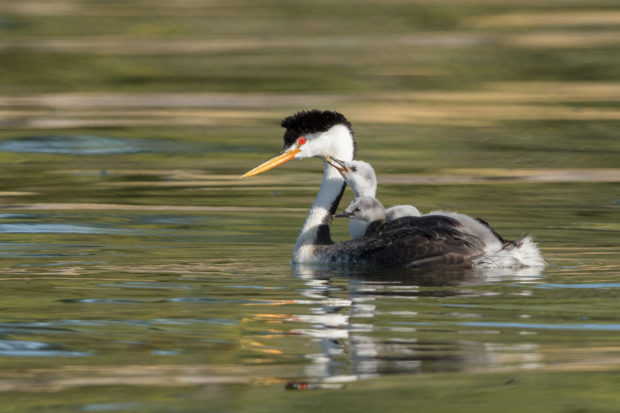
New Rule Undermines Longstanding State and Tribal Authority to Protect Clean Water
The administration’s recently finalized rule would dramatically narrow the scope of issues states and tribes can review or include as conditions on a permit for dams or infrastructure projects, putting these protections at risk. It would also let the federal government ignore state and tribal voices by allowing federal agencies to override a state or tribal decision. Additionally, the rule limits the timeline that states and tribes have to complete review.
It also restricts the conditions that trigger this water quality protection process to only waters that the current administration considers to be a “water of the United States.” The Trump administration has dramatically reduced the scope of “waters of the United States,” meaning that the ability for states and tribes to protect non-federal waters would be greatly undercut, and could even result in not requiring a 401 certification for federally licensed activities that impact state or tribal waters that are not considered “waters of the United States.”
From salamanders to blue crabs, this new regulation threatens wildlife across the nation.
Salamanders
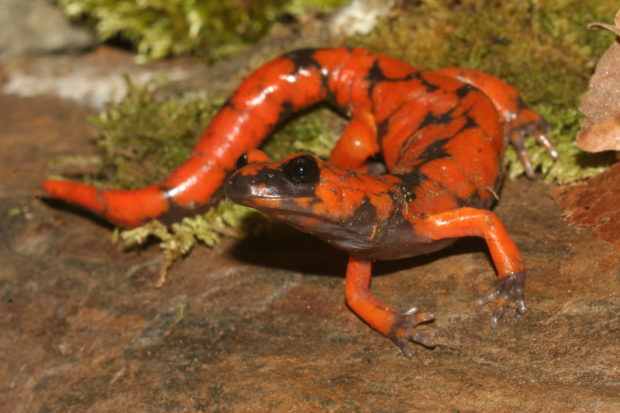
As proposed, the Constitution Pipeline would stretched nearly 100 miles through New York, cutting a 100-foot wide swath across hundreds of streams and creeks, including 85 trout streams, degrading wetlands and clearing out hundreds of acres of forest. New York State denied water quality certification for the pipeline, because the pipeline company failed to provide meaningful information demonstrating that the pipeline would comply with state water quality standards.
Salamanders are particularly vulnerable to poor water quality, because of their permeable skin, which allows them to breathe underwater. The Constitution Pipeline would have cut across areas where salamanders live, degrading water quality and habitat.
Salmon Runs
In 2017, Washington’s Department of Ecology denied a Clean Water Act certification for a proposed coal export facility in Longview, Washington, due to harmful impacts to the Columbia River’s water quality, fisheries, tribal resources, and wetland habitat.
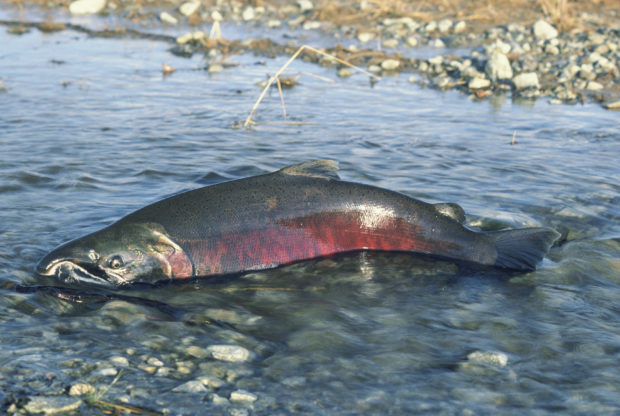
The Columbia River Basin’s streams and rivers are critical to several types of trout and salmon, including Chinook, or king salmon, which swim thousands of miles from the ocean to freshwater spawning grounds in the Columbia River every year. Tiny salmon fry emerge from the gravel nests and begin their migration downstream to the estuary, where they adapt to the saltwater, before heading out into the open ocean. For generations, tribes have fished these salmon and steelhead runs, and also serve as a critical food source many wildlife species along the journey. Without Section 401, the construction of the proposed coal export terminal – which would have been the largest in North America – and subsequent pollution, would have harmed everyone that depends on strong salmon runs for a living.
Chesapeake Blue Crabs
For decades, the Conowingo Dam, which is a major hydroelectric dam in Maryland, trapped nutrient and sediment pollution on the Susquehanna River, preventing it from flowing downstream into Chesapeake Bay. However the reservoir behind the dam is now full and more pollution flows downstream than the Chesapeake Bay cleanup plan originally accounted for, harming water quality and habitat for fish and wildlife, including the Chesapeake Bay’s iconic blue crab.
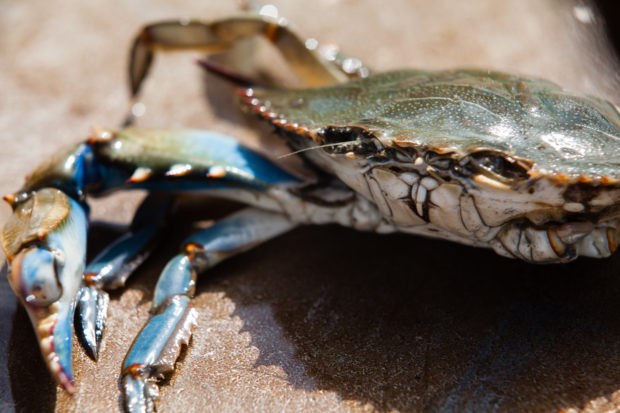
As part of the process to get a new 50 year operating license for the dam, Exelon had to request a water quality certification from Maryland. In 2018, Maryland certified the renewal, but with the condition that Exelon must reduce sediment and nutrient pollution that flows from behind the dam into Chesapeake Bay. It also requires Exelon to improve conditions for aquatic life, including controlling freshwater flows from the dam into the delicate Chesapeake Bay estuary as well as improving fish migration to spawning areas upstream. Although Exelon has since challenged this certification, limiting Section 401 authority could significantly undermine Maryland’s ability to place protective conditions on projects like Conowingo Dam to protect downstream water quality.
Take Action
History has shown us that waters and wildlife benefit from strong state, tribal, and federal cooperation to ensure the needs of local communities, fish and wildlife, recreation, and traditions are met.
Tell the Trump Administration that you oppose this slew of attacks against clean water and support the Clean Water for All Act to restore protections for wildlife habitat and drinking water – from the smallest headwaters at the top of the watershed, to the mightiest rivers and largest lakes downstream.
Take Action!






















